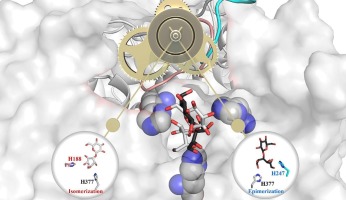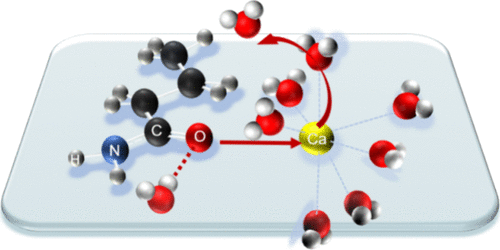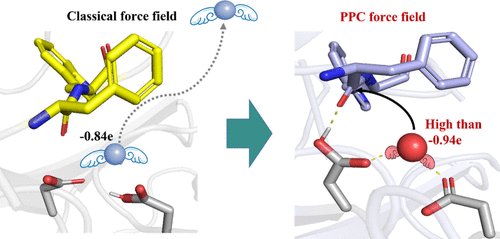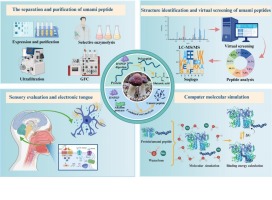Rui Xue, Meng Zhang, Chuanxi Zhang, John Z.H. Zhang, Hong Xu, Rui Wang, Lujia Zhang , Sha Li
Mussel foot proteins (mfps) are considered as potential biomaterials due to their excellent adhesive properties. Nevertheless, the lack of expression or adhesion of recombinant mfps in bacterial expression systems has limited their applications. Here, we propose a design strategy based on the structural analysis of adhesive protein Mcofp-3, focusing on the critical role of tyrosine position and quantity in regulating the production and functionality of mfps. A performance-improved mutant, N33Y/Y32A/Y51A, was constructed, demonstrating a 23 % increase in expression, a 150 % increase in adhesion, and a 76 % increase in solubility compared to the native protein. Molecular dynamics simulations reveal that the mutants' solubility and viscosity are influenced by SASA, hydrogen bonds within and radius of gyration. The N33Y/Y32A/Y51 mutant presents a looser conformation and forms expandable adsorption on the SiO2 surface. A Ca2+-triggered mussel-based coacervate coating was subsequently developed, showing excellent water-resistant and biological properties. These results indicate that mutant proteins have the potential to be used as mussel-based adhesive materials, and our proposed strategy will help the rational design of other natural functional proteins.







